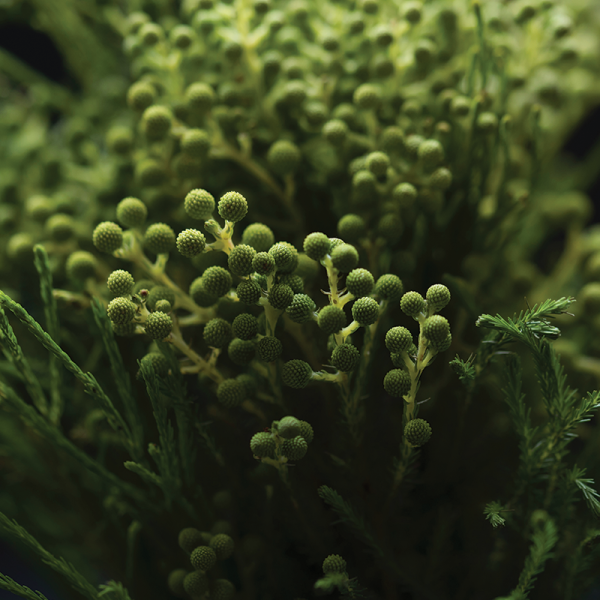Environmental Biology Major
As an environmental biology major, you will study the vital processes of all organisms and the environments in which they flourish, and specifically, ecology, conservation, and restoration of biodiversity. You will take a deep dive into topics like sustainable food production through understanding plant development, genetics, physiology, biochemistry, and genetic engineering, and you will gain a greater understanding of solar energy and advanced biofuels. Though housed in the Department of Biology, you will take courses across chemistry, earth and planetary sciences, environmental studies, and biology.
sample courses:
This course explores the central theories and principles in ecology, and the use of these principles to study and predict human-induced environmental changes. It emphasizes understanding species interactions and population dynamics in biological communities, and the relationships between communities and their environment. It regularly touches on applications of these principles such as ecological responses to global climate change, consequences of habitat fragmentation, disease ecology, and conservation medicine. Principles of experimental design, quantitative data analysis and interpretation, and mathematical models are critical to the field of ecology and are also emphasized throughout the course.
An advanced introduction to the study of macroevolutionary patterns and processes with emphasis on the systematic methodology employed. Topics: theories of classification, phylogenetic reconstruction, testing of historical hypotheses, hierarchy theory, adaptation, extinction, speciation, developmental mechanisms of organismal evolution, biogeography.
our students have gone on to become:
Biological Patent Lawyers
Environmental Biologists
Conservationists
Ecologists
Oceanographers
Scientific Editors/Writers
Teachers/Professors

